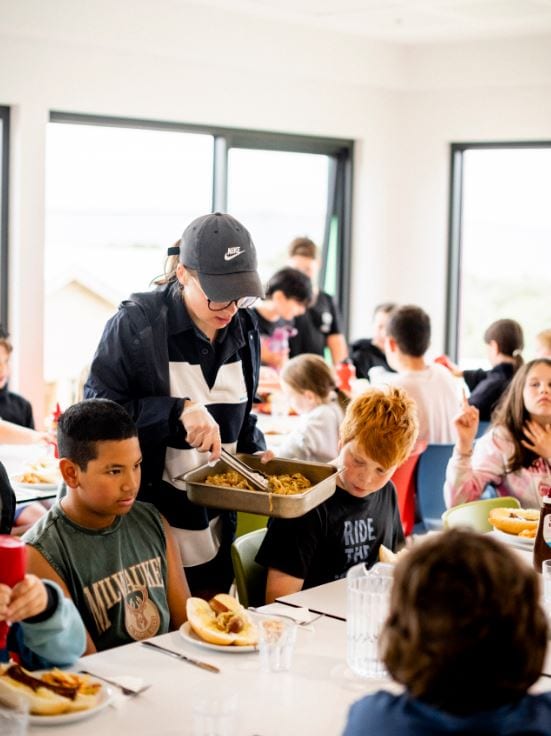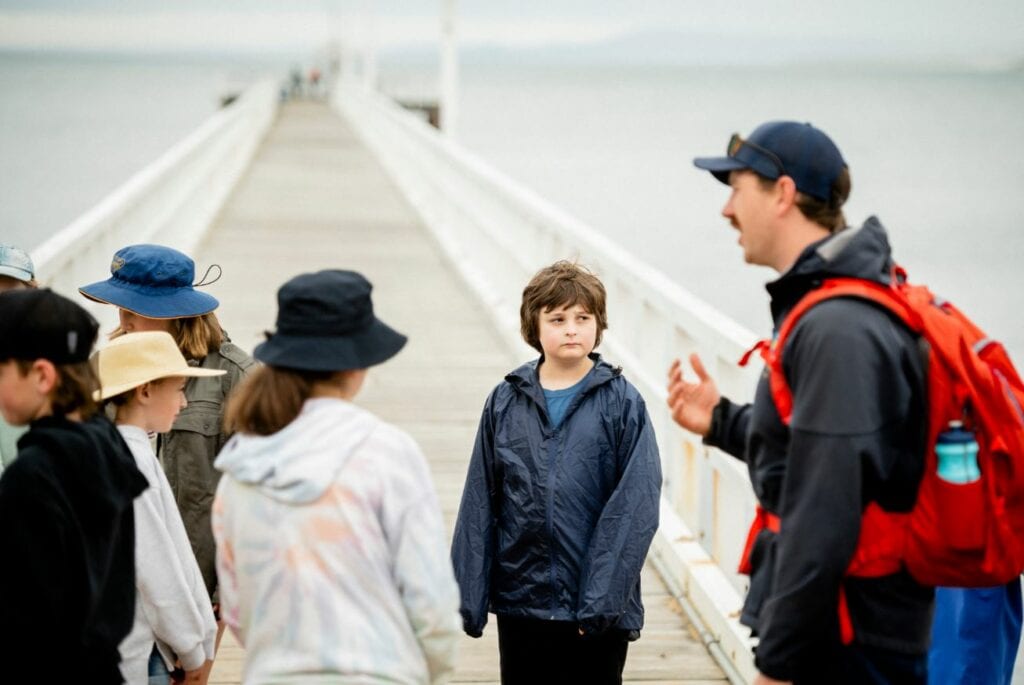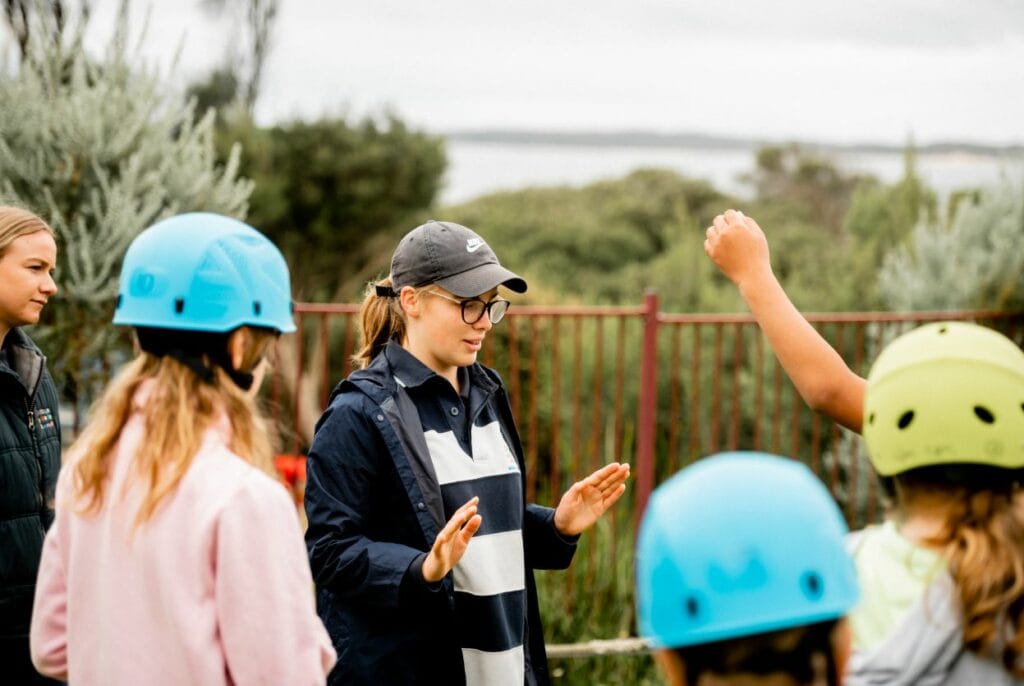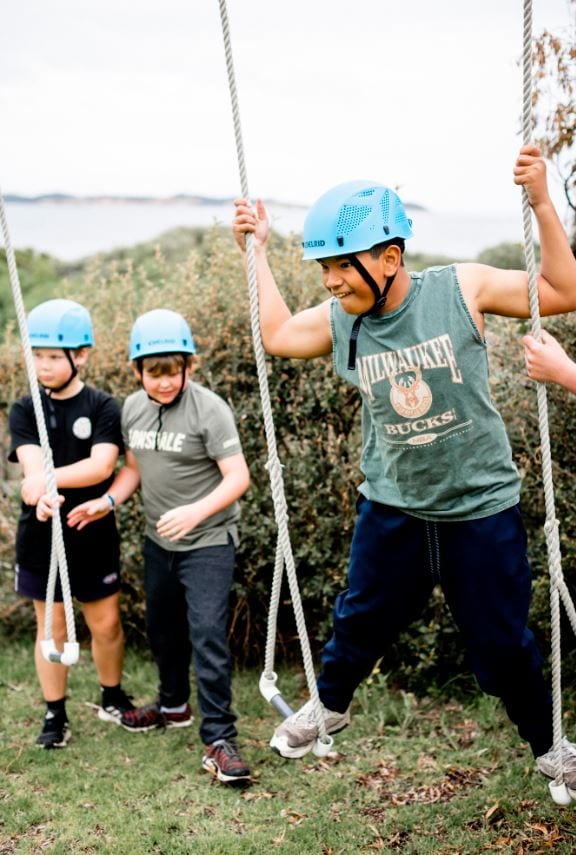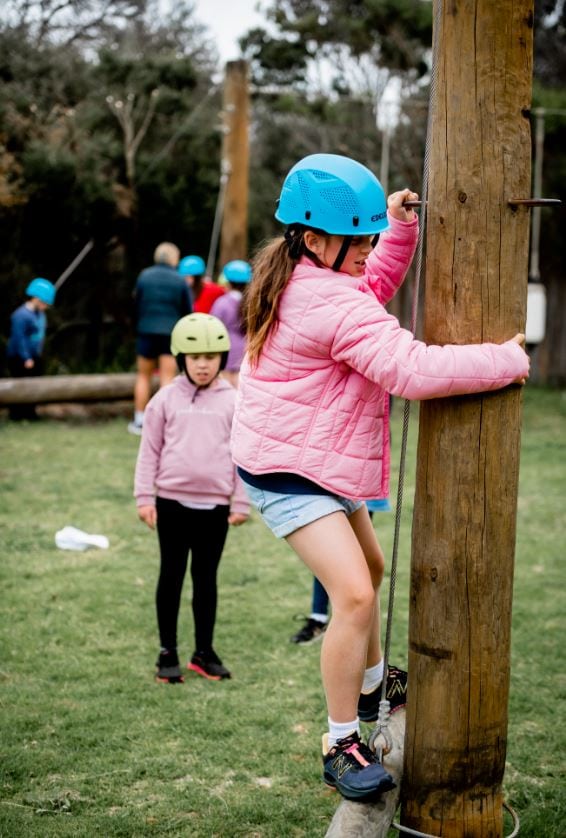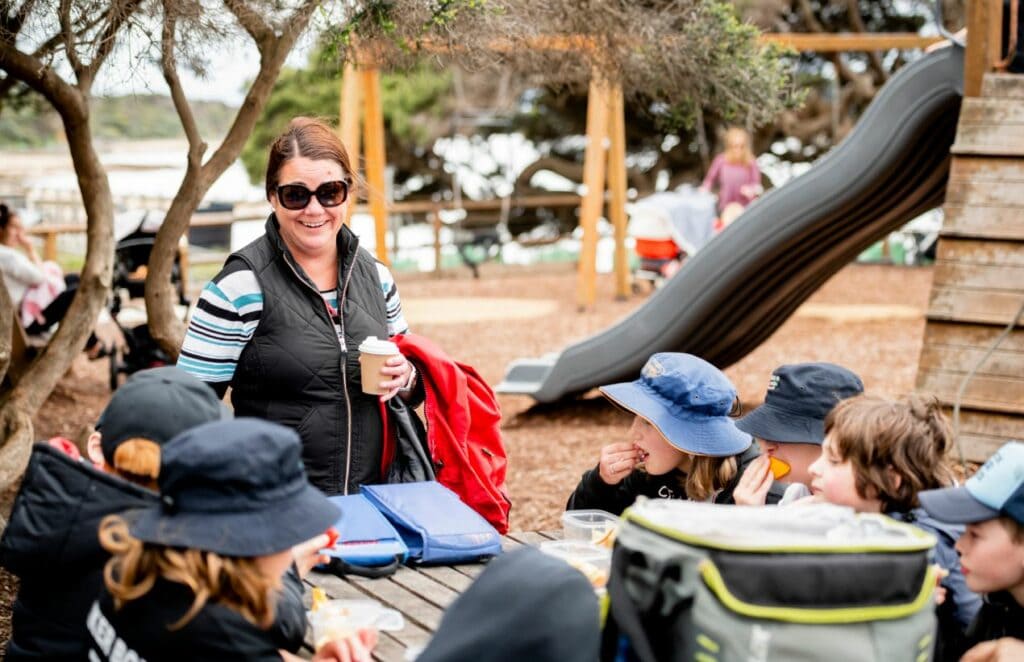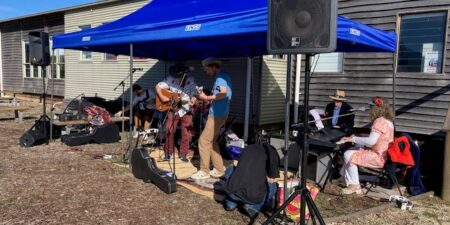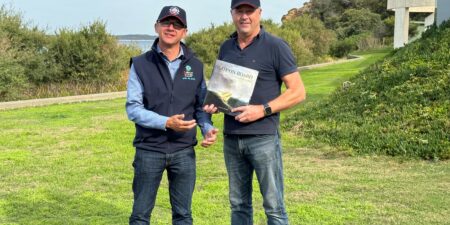Cottage by the Sea: The Difference ‘Take a Break’ Makes
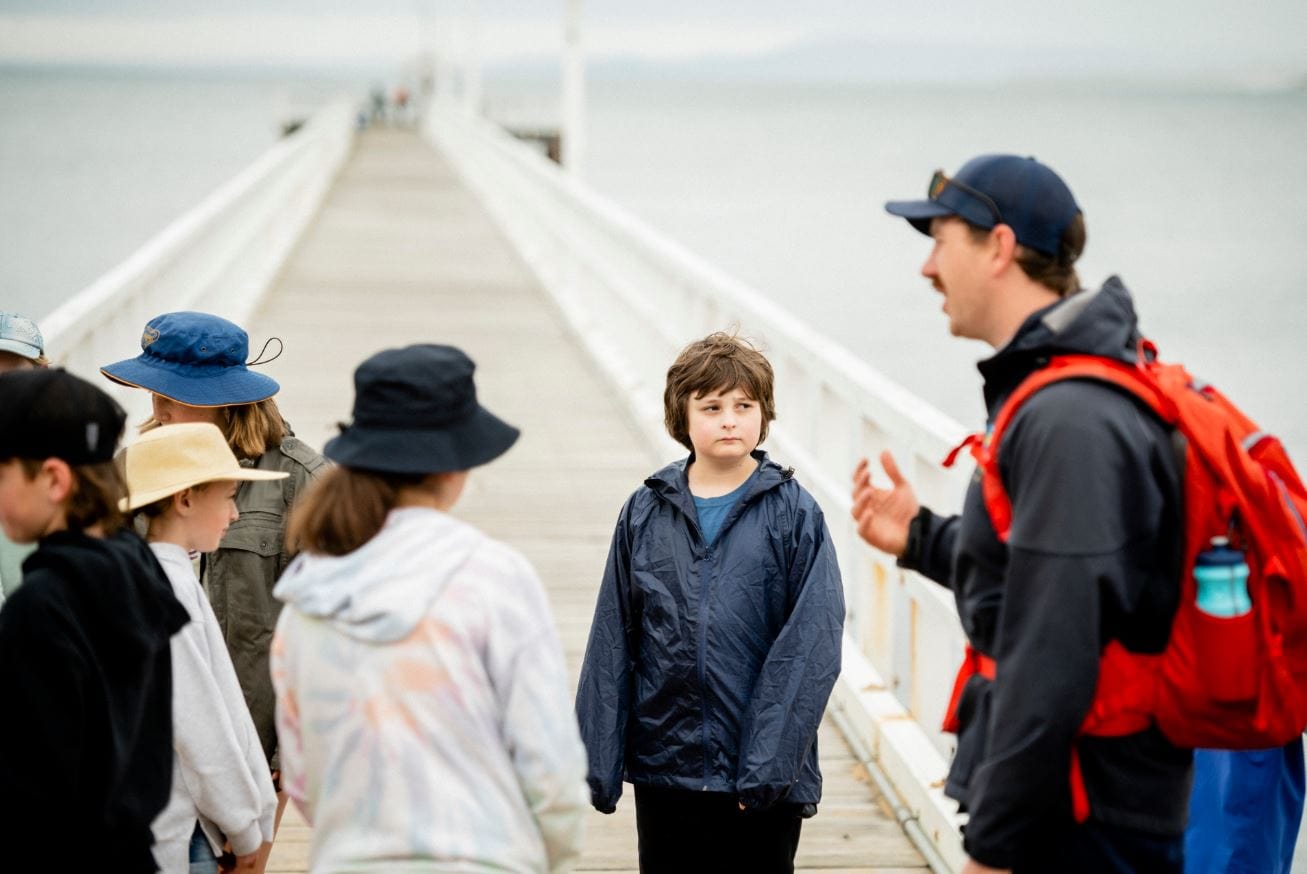 News Updates
News Updates
We are pleased to share with you the research findings of Cottage by the Sea: The Difference ‘Take a Break’ Makes, which is a research initiative of the Cottage by the Sea – Deakin University Research Partnership.
The research undertaken sought to understand the ways in which the Take a Break (TaB) program makes a difference to the lives of the children who attend. The TaB program emphasises inspiration, fun and opportunity, and encourages children to be active, healthy, confident and respectful.
Since 2018, the Cottage by the Sea – TaB program has involved over 2000 children, aged between six and 12 years, and over 150 accompanying teachers and principals who have attended TaB programs across 20 local government areas (LGAs). These LGAs include areas that have been impacted by the Covid-19 pandemic and exposed to natural disasters, including bushfires and floods, or include children who have experienced vulnerability.
Data was collected from evaluations, interviews and observations of all those directly associated with TaB from students, teachers, program leaders and members from the CBTS leadership team. Researcher observations were made of participants undertaking a day of activities from five schools attending four separate TaB programs between May and October 2022.
Key Findings
This summary of key findings draws from the various data sources to synthesise key insights into the ways in which the TaB program experiences can make a difference to the lives of the children who attend. The body of the report contains elaborations on these insights as evident in the data regarding how participation in the CBTS TaB program supports children to become active, healthy, confident and respectful. These learnings are presented as responses to two key questions:
1. How does the TaB program make a difference to the lives of the children who attend?
2. In what ways does participation and the opportunities provided by the CBTS TaB program support children to be active, healthy, confident and respectful?
Findings and Insights
Overall findings from this research showed that the lives of the children aged six to 12 years are impacted positively by their experiences at the TaB program. The children developed confidence, a sense of belonging, self-belief, caring dispositions, healthy mindsets, and deeper relationships with their classroom teachers. Children and teachers reported the impact of the TaB program in relation to the program staff, food and activities, including the care and respect that was shown to the children and the opportunities provided to them to develop skills and qualities they can draw on in the future. The following presents the five noteworthy attributes that the children developed throughout their participation in the TaB program:
- Increased confidence: The program builds confidence by presenting challenges that support children to take calculated risks and extend their capabilities – challenges that ultimately prove manageable. The encouragement to participate, even in activities that initially appear well beyond a child’s (perceived) capacity, is enhanced by the supportive relationships the program develops between the adult supervising staff and the children. Children also develop confidence in building friendships with their peers and report a sense of increased hope and happiness.
- A sense of belonging: A central message of the TaB program is that the children are not isolated, but rather are part of a wider community where each can provide and draw strength and support from each other. This message becomes more evident as the program progresses. Belonging to a community allows the children to become comfortable and feel safe while being encouraged to attempt things outside of their comfort zone.
- Self-belief: The TaB program provides children with self-belief, restoring a sense of community while engaging in the program activities. The TaB program enables children to learn life lessons while developing the courage to participate in unfamiliar experiences that foster a belief in themselves and in what they can achieve.
- Caring dispositions: The TaB program builds trust by providing clear expressions of care and cultivates caring dispositions within the children. The children were particularly impressed with the respect shown towards them by the TaB program staff. From the first moments that the children participated in the TaB program, the sense of care is reinforced through the handmade gifts from the volunteers and permeates through all aspects of the program including the staff, the care in preparing healthy food, building relationships, and providing activities that supported the children to be active, healthy and confident. This overall sense of care encouraged the children to display respect to each other.
- Healthy mindset: The TaB program is based upon the principles of outdoor education and adventure therapy, coupled with an emphasis on healthy eating. CBTS has drawn on the research of Alfred Deakin Professor Felice Jacka regarding the relationships between gut health and mental health. As such, one of the main aims of the TaB program is to improve healthy eating. This dedication of the TaB program to improve the eating and nutritional habits of the participating children was something not only noticed by the adults involved in the program, but also by the children themselves, who frequently commented that this was the first time they had tasted many of the vegetables provided over the program. The physical activity expected by the TaB program was also frequently mentioned by the children both in terms of the healthy appetite this gave them and in their sleep patterns during their participation in the program.
Two further crucial features of the TaB program were identified by the research. These included:
• Emphasis on relationship building: The TaB program is organised to privilege relationship building. The classroom teachers were particularly impressed with how well organised every aspect of the program had been and how this allowed them time to fully engage with their students, helping both teachers and children to build deeper and more meaningful relationships with each other. Relationship building was a crucial aspect of the program, as teachers engaged with their students in ways that are otherwise not possible within busy classroom environments.
• Intentional pedagogy: The program is based upon building the self-knowledge of students by developing their confidence through an effective ethics of care structured within an intentional pedagogy of scaffolded ‘one step more’ challenges. These challenges were successfully achieved and led students to develop a belief that a difference achieved now will lead to further and more consequential differences into the future. The research also found that there was a decline in student satisfaction ratings of the TaB program since the onset of the Covid-19 pandemic; however, this shift has been from the highest levels of satisfaction to slightly lower levels on the Likert scales provided for the students to select – rather than towards dissatisfaction with the program. While this shift was found within the student evaluation data, it was not found to be consistent with qualitative data collected through this research.
Recommendations
The research provides compelling evidence of the various ways in which the TaB program makes a difference for the participating children and their teachers. The following recommendations seek to signpost considerations to help further strengthen the important work of the TaB program and enhance the value of this experience now and into the future.
There are three overall recommendations:
Recommendation 1
That the continued focus of the TaB program must be upon staff’s capacity to deliver a pedagogically sound experience to children focused upon meeting the objectives of the program. CBTS staff hold a wealth of knowledge and experience that is largely responsible for the high levels of satisfaction experienced by the children and the teachers who attend the TaB program. The success of the program is related to the pedagogically sound practices of program staff. Any improvement of the program will depend upon the ongoing recruitment and development of staff and the depth of their understanding of the pedagogical practices central to the TaB program. As the education sector grapples with the changing demands and emerging future needs of the children who attend, it will be important to continue to provide the staff at CBTS with professional learning opportunities necessary to meet these ongoing demands.
Recommendation 2
That CBTS continues to ensure that volunteers and donors are made aware of the joy their efforts bring to the children who attend the TaB program. The research project team were particularly struck by how appreciative the children and their teachers were of the gifts and handmade items the children received upon arrival in the program and the effect this had on them in feeling welcomed and in belonging to the TaB program. Some children and teachers also expressed their gratitude to the people who donated to the TaB program so that they could attend.
Recommendation 3
That there is ongoing research into the TaB program to further understand the effectiveness of the program in meeting its objectives and the broader impact of the program on the lives of children experiencing vulnerability. Specifically, there is a need to explore the longer-term impact of the program once the children return to school and home, and the impact of the program on the broader CBTS community.
We look forward to the continuation of our research partnership with Deakin and are proud to announce that future research projects are in the pipeline.
Scan below to read or click on the link to read the full report.

